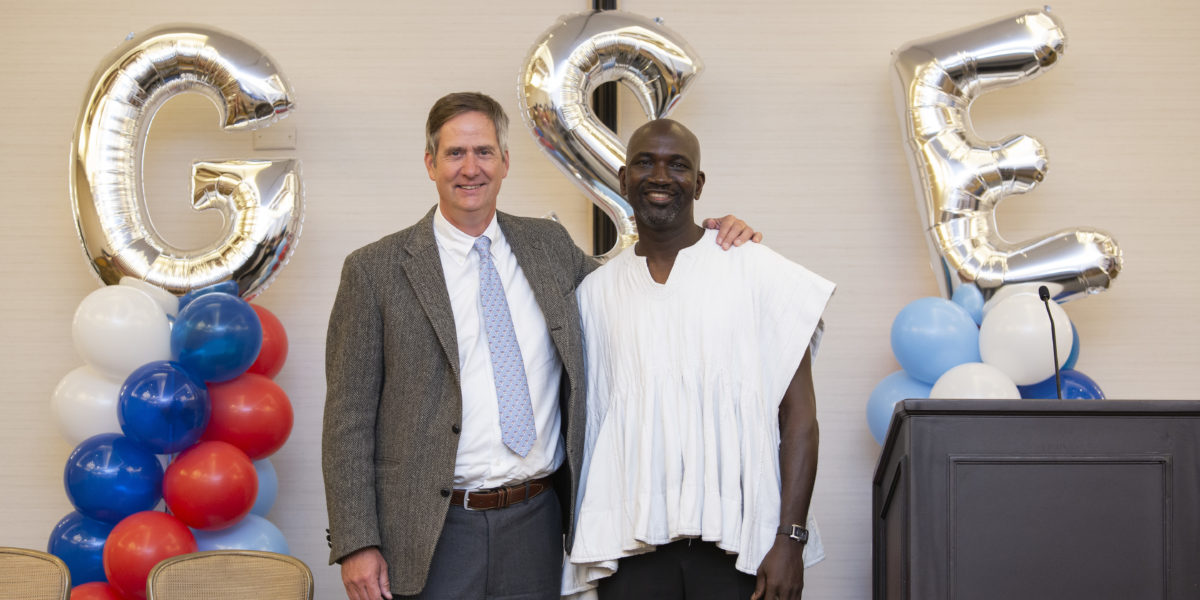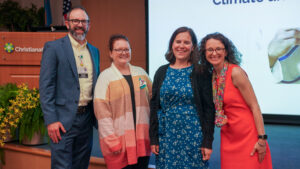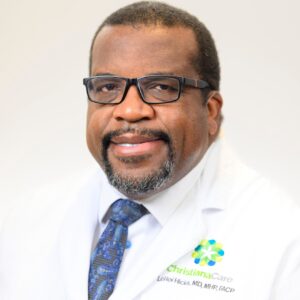ChristianaCare’s Chief Privacy Officer Robert Asante, Ed.D., MBA, CISSP, HCISPP, has been honored by the University of Pennsylvania Graduate School of Education with the Kwame Nkrumah Distinguished Alumni Award.
The honor recognizes a graduate whose work has a global impact on improving circumstances for underserved communities.
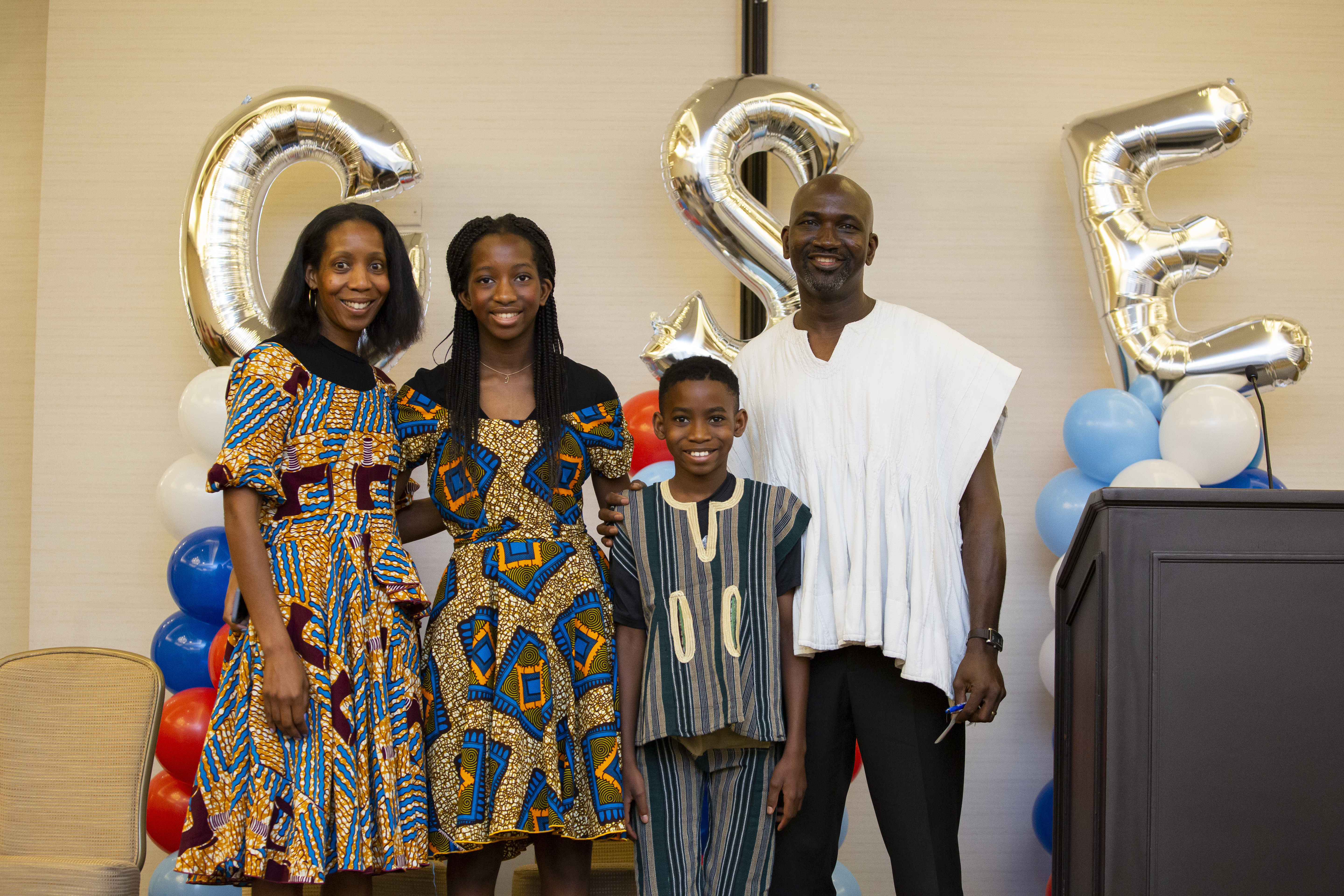
The award is named for the first president of the West African country of Ghana—a Penn alumnus himself—who went on to lead the British Crown colony to independence in 1957.
This is especially meaningful for Asante, who was born and raised in Ghana. Today he serves as the volunteer head of a foundation working to clear a road that will help those in his home village access basic human services, such as health care, education, transportation and city markets. The road will also make it easier for rural farmers to get their crops to those markets.
Paving the way
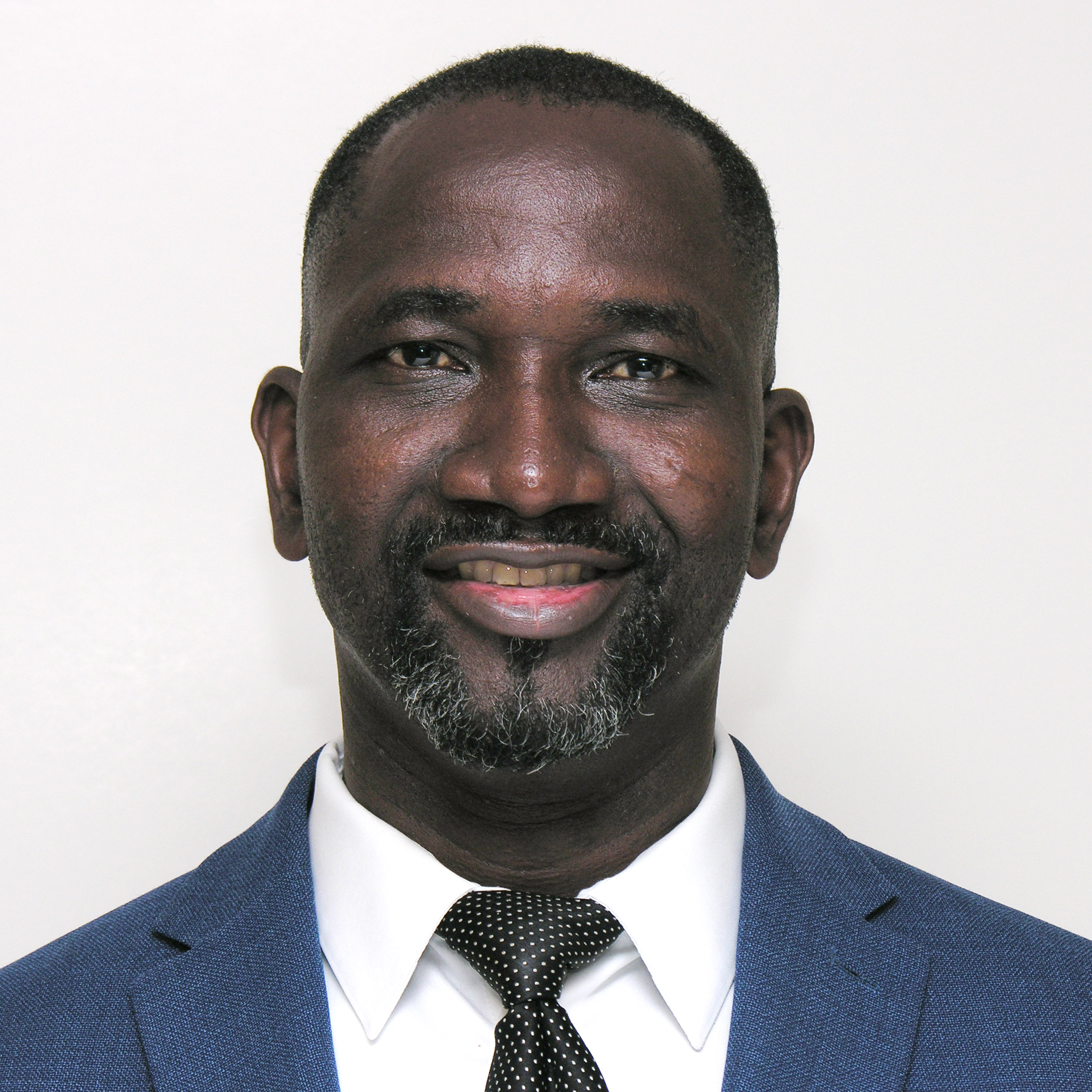
Asante came to the United States from Ghana at age 26. First as a dishwasher and baker, and then by taking shifts on a university information technology help desk, he worked his way through a bachelor’s degree in computer technology, and two master’s degrees in business administration from Drexel University. He then earned a doctorate in Higher Education Management from the University of Pennsylvania.
He also holds multiple certifications in health information security and privacy practices.
He joined ChristianaCare in 2019, and today leads a team of five analysts who oversee the protection of patient records and compliance with state and federal Health Information Portability and Accountability Act (HIPAA) regulations.
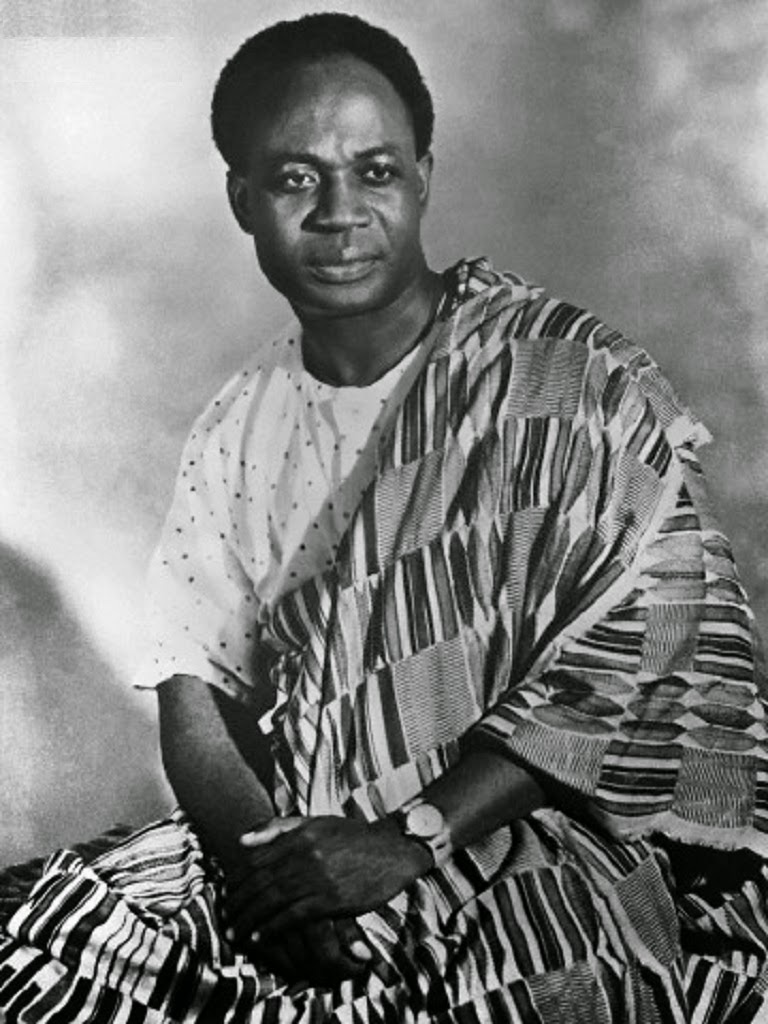
As a child in Ghana, Asante recalls walking miles through the forest to get to school and fetch water for his family. He also recalls young village men carrying women with pregnancy complications through those same forest trails to reach a paved road for a ride to the nearest hospital. Many did not reach help in time.
While the Republic of Ghana is known for picturesque coastlines and modern cities home to large global businesses, basic infrastructure remains lacking in rural areas.
Asante set out to quite literally pave a way to ease villagers’ access to basic needs. Using his own funds, he started OurFoundations, an aptly named nonprofit to help support much-needed infrastructure.
If not everything, something
“It’s a moral imperative for me to think of the people in my family’s village in Ghana,” said Asante. “Think about it. Without roads, people can’t access health care.”
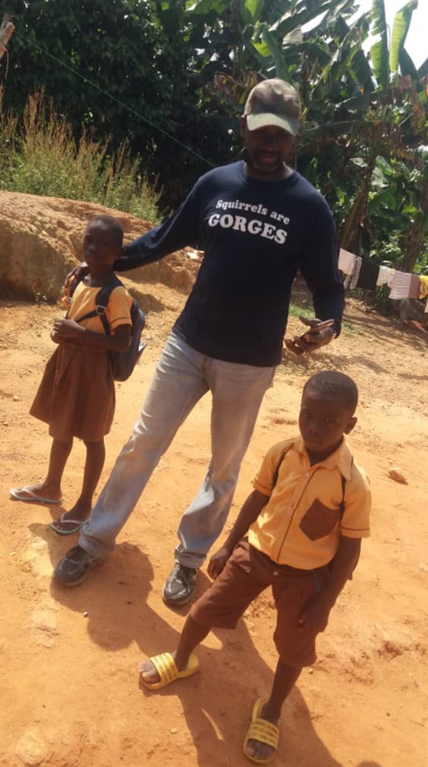
First the foundation must help the villagers clear the forest and level the hilly terrain. The goal is to make the three-and-a-half mile stretch of road drivable.
With the help of an uncle who is the village tribal chief, and a brother-in-law who mobilizes the villagers to work together, Asante reports that the project continues to make steady progress.
“I have a car to drive to work. I’m fortunate that I don’t worry about what I’m going to eat or wear each day,” he said.
“It is important to my family and me that we reach back home and see how we can help.”
The Penn honoree said, “I cannot do everything, but I can do something. Even if I can do only one mile, that will mean something to the people who live on that mile.”
Love and excellence, far and near
One of the things that attracted Asante to ChristianaCare is the organization’s mission of serving its neighbors with love and excellence.
“A neighbor doesn’t only mean the person within arm’s reach: A neighbor is whoever needs our help.”
—Robert Asante
He believes that it’s important for those who have much to be the “angels” who provide some comforts to communities, whether they be far away, or close to home.
Along with his work to provide basic needs in Ghana, most Sundays Asante can be found helping to prepare and serve hot meals locally for some of Wilmington’s most vulnerable residents.
“A neighbor doesn’t only mean the person within arm’s reach: A neighbor is whoever needs our help,” Asante said.
“What better way to show love than to provide our neighbors here in our community—or on another continent—with access to basic needs?”
